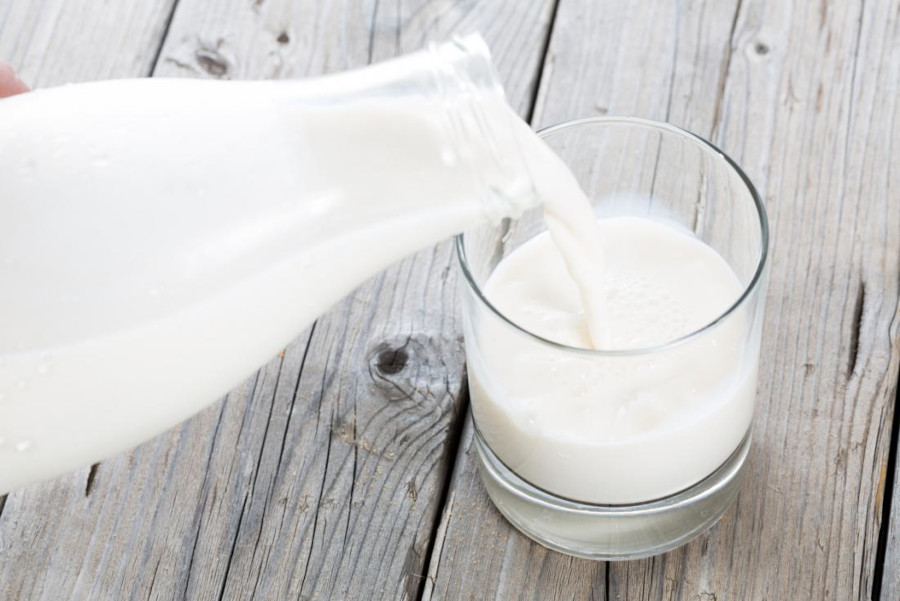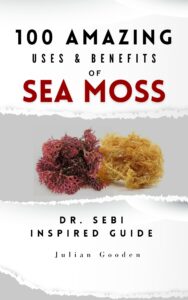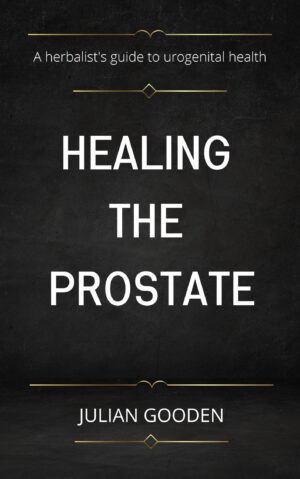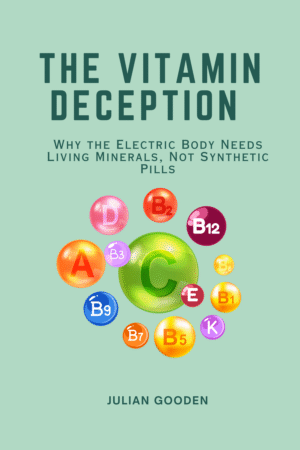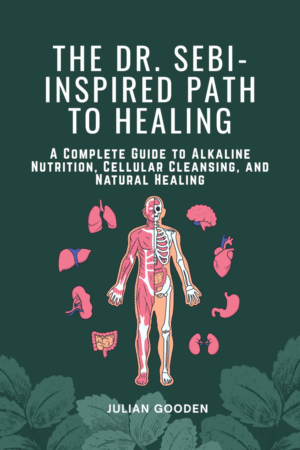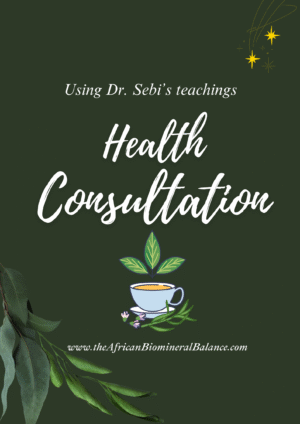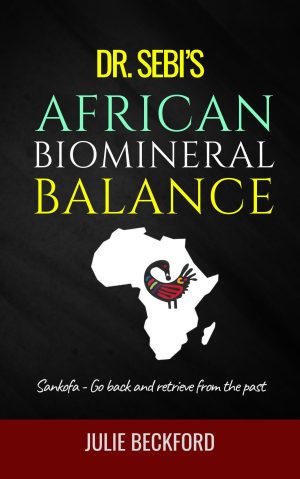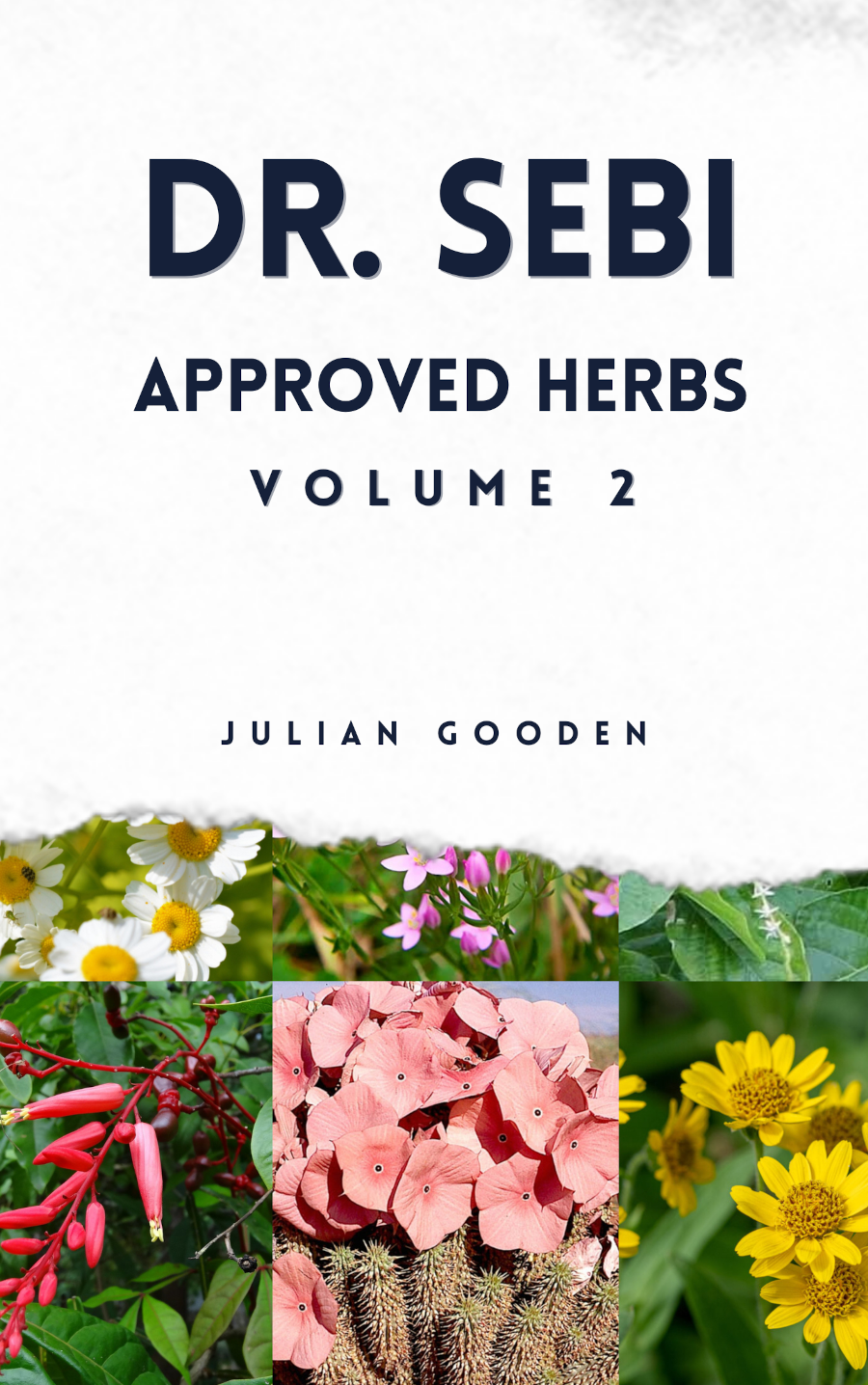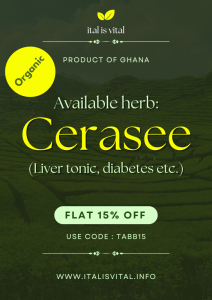For years, milk has been marketed as essential for strong bones and good health, but according to Dr. Sebi’s teachings, it is highly detrimental to the body. Milk is acid-forming, mucus-producing, and unnatural for human consumption, contributing to inflammation, digestive issues, and disease. The body thrives on an alkaline, plant-based diet, and dairy disrupts that balance, leading to excess mucus buildup, weakened immunity, and chronic health problems. If you’re looking to cleanse and nourish your body naturally, here are ten key reasons to avoid milk and embrace truly electric, plant-based alternatives.
- Milk is Mucus-Forming
Dr. Sebi taught that excess mucus in the body leads to disease. Milk contributes to mucus buildup, clogging the respiratory system and leading to conditions like asthma, sinus infections, and congestion. - Acid-Forming in the Body
Dairy products create an acidic environment in the body, which can contribute to inflammation, digestive issues, and chronic disease. An alkaline diet, rich in plant-based foods, is essential for optimal health. - Not Natural for Humans
Humans are the only species that continue to drink milk after infancy—and from another species. Dr. Sebi emphasized that cow’s milk is designed for calves, not humans, and consuming it disrupts the body’s natural balance. - Lactose Intolerance is Common
The majority of people, especially those of African, Asian, and Indigenous descent are not able to properly digest lactose, leading to bloating, cramps, gas, and diarrhea. - Contributes to Osteoporosis
Contrary to popular belief, milk does not strengthen bones. Studies have shown that excessive dairy consumption may actually contribute to bone loss and osteoporosis by leaching calcium from the bones due to its acidic nature. - Contains Harmful Hormones
Commercial milk often contains synthetic hormones like rBGH (recombinant bovine growth hormone), which can disrupt the endocrine system and contribute to hormonal imbalances, including reproductive health issues. - Promotes Excessive Mucus in the Gut
The gut is the foundation of health, and excess mucus in the digestive system can lead to bloating, constipation, and poor nutrient absorption. Dr. Sebi taught that removing mucus-forming foods like milk allows the gut to heal naturally. - Increases the Risk of Chronic Diseases
Dairy has been linked to conditions such as diabetes, heart disease, and certain cancers, particularly prostate and ovarian cancer. Eliminating dairy reduces the risk of these serious health issues. - Causes Skin Issues
Milk and dairy products have been linked to acne, eczema, and other skin conditions due to their hormone content and inflammatory effects on the body. Removing dairy can promote clearer, healthier skin. - Weakens the Immune System
Mucus buildup and acidity from milk consumption weaken the body’s immune response, making it more susceptible to colds, flu, and other illnesses. An alkaline diet supports a stronger immune system. - Tied to Inflammatory Conditions
Many people experience relief from conditions like arthritis, sinusitis, and digestive disorders after eliminating dairy from their diet. Dr. Sebi emphasized that inflammation is the root of disease, and dairy is a major contributor. - Healthier Plant-Based Alternatives Exist
Nature provides plenty of nutrient-rich, non-mucus-forming alternatives to milk. Dr. Sebi recommended plant-based options like hemp milk, walnut milk, and coconut milk, which align with the body’s natural healing process. - Allergies
Casein and whey in milk, can trigger allergic reactions in some individuals, causing skin rashes, respiratory issues, or digestive distress. - Potential Antibiotic Exposure
Cows are sometimes treated with antibiotics to prevent illness, and traces can remain in the milk, contributing to antibiotic resistance. - High Saturated Fat Content
Whole milk contains significant levels of saturated fat, which can contribute to high cholesterol and cardiovascular disease if consumed in excess. - Environmental Impact
Dairy farming has a large carbon footprint, contributing to greenhouse gas emissions, deforestation, and water pollution. - Ethical Concerns
Many people avoid milk due to concerns about the treatment of dairy cows, including artificial insemination, separation from calves, and poor living conditions.
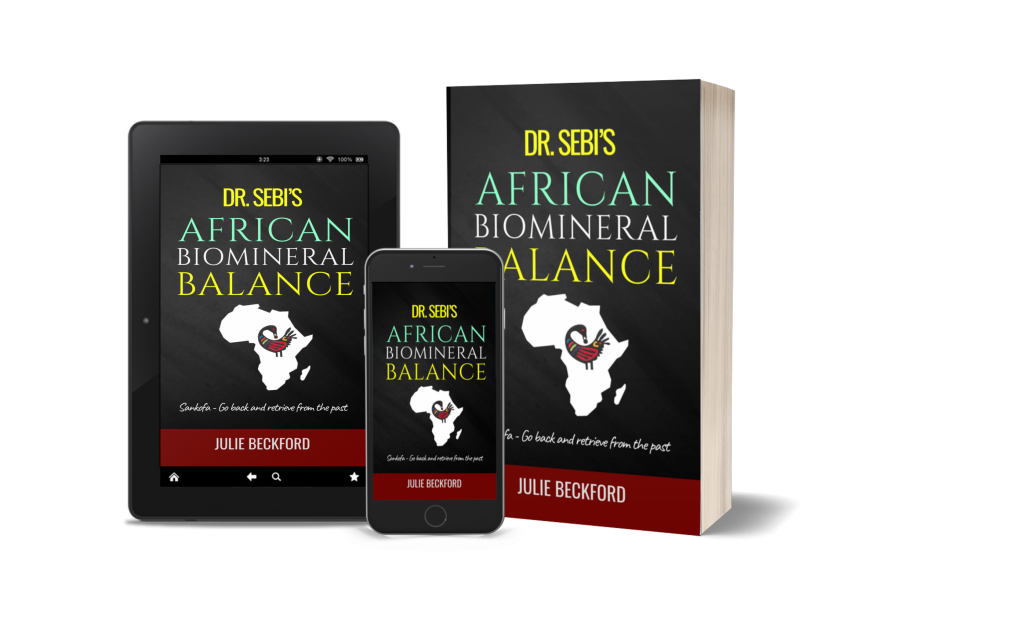
References & Sources:
- Dr. Sebi’s Official Teachings & Lectures
- Dr. Sebi’s speeches, interviews, and community discussions often emphasized the dangers of dairy and mucus-forming foods.
- YouTube videos, archived lectures, and recordings.
- Books & Publications
- Dr. Sebi’ Approved Herbs Volume 1&2 by Julian Gooden
- Dr. Sebi’s African Biomineral Balance by Julie Beckford
- Website Resources & Archives
- Dr. Sebi’s official website (formerly drsebicellfood.com)
- Community-driven websites sharing Dr. Sebi’s nutritional guide and health philosophy
- Studies Supporting Dairy Avoidance (Not Directly from Dr. Sebi but Aligned with His Views)
- Willett, W. C., & Ludwig, D. S. (2020). Milk and health. New England Journal of Medicine, 382(7), 644-654. (Discusses potential health risks of dairy)
- Melnik, B. C. (2015). Milk – The promoter of chronic Western diseases. Journal of Translational Medicine, 13(1), 1-17. (Explores dairy’s role in inflammation and disease)
- Harvard T.H. Chan School of Public Health – Calcium and Milk: What’s Best for Your Bones and Health? (Challenges the belief that milk prevents osteoporosis)


